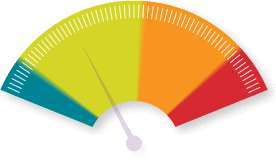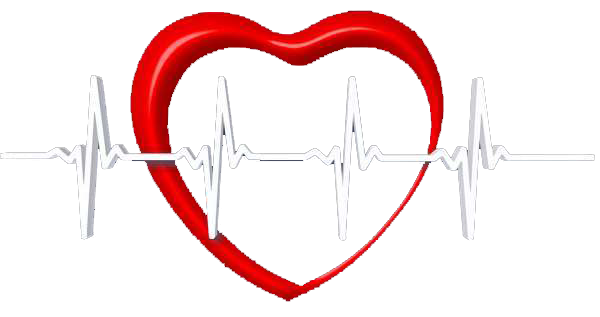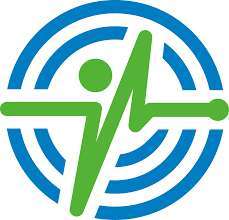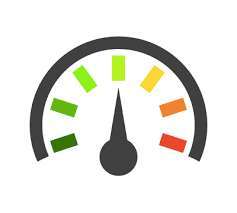Priority of 4 Major Nutrients
Every person burns a different amount of calories and takes in different nutrients and fluids. Patients who undergo bariatric surgery have enough calorie reserves. If you already had this surgery, you can only eat a little. Therefore, it is very important to take nutrients that the body cannot produce on its own. If you take the major nutrients in a balanced manner and regularly, you will achieve a healthy, ideal weight without taking supplements.
Water: You should drink water at least 1-1,5 liters daily. Also, you should not drink this amount of water at once. You can check the exact amount of water you need based on the color of your urine. If your urine is dark yellow, drink more water. Water intake is also important for burning fat. If your water intake is low, some symptoms can occur, such as exhaustion, dizziness, headache, tiredness, weakness, etc. So, dehydration develops slowly.
Protein: Proteins are made from amino acids. A balanced protein-rich diet is very important after gastric sleeve surgery. We see foods rich in carbohydrates around us, but a protein-rich diet is recommended after the bariatric surgery. We normally need 60-100 grams of protein a day. Different amino acids in nature form different proteins with each other. Our body needs all the proteins. That is why a balanced protein-rich diet is very important. For example, if you eat eggs for breakfast, you can eat animal products for lunch and high-protein vegetables for dinner.
Vitamin: Our body cannot produce many important vitamins itself. Therefore, some vitamins must be taken from outside. Each vitamin has a different purpose. The symptoms of a vitamin deficiency are always different. These symptoms could be exhaustion, nausea, hair loss, weakness, forgetfulness, sensitivity to cold, poor concentration, depression, poor eyesight, sexual problems, etc. Vitamins regulate our body’s metabolism. Therefore, a vitamin-rich diet with seasonal, natural, fresh vegetables and fruits is very important.
Mineral: Minerals play a crucial role in our biological activities. Minerals are important for our nervous, digestive, and immunity system. Changes in digestive system can lead to a decrease in minerals. If your iron, calcium, and potassium levels are low, you should take some supplements. Minerals can be seen as assistant elements of metabolism. Therefore, another primary nutrient is foods that are high in mineral content. That’s why a mineral-rich diet with the seasonal, natural and fresh vegetables and fruits is very important.













